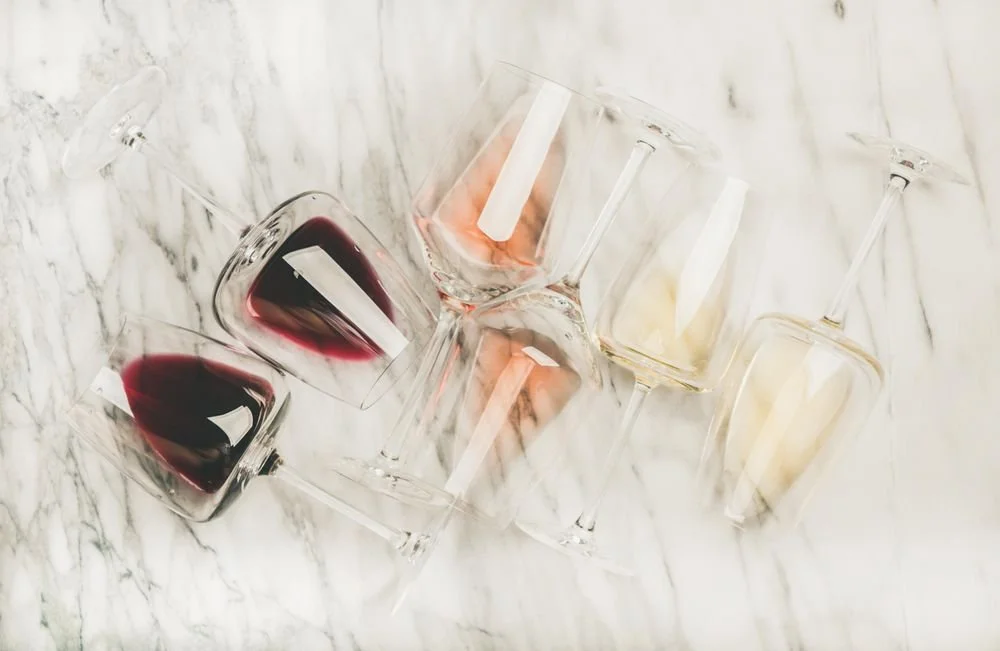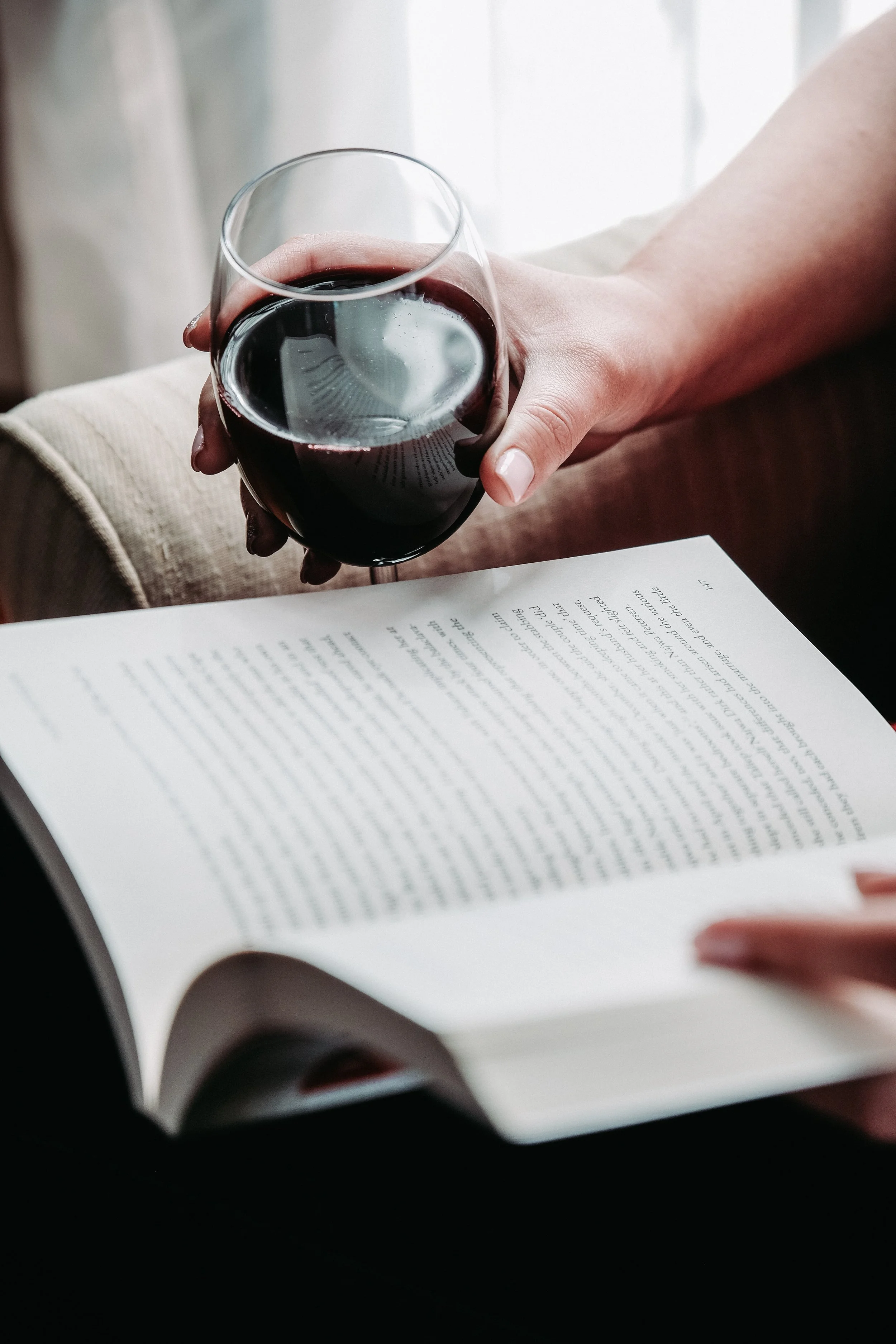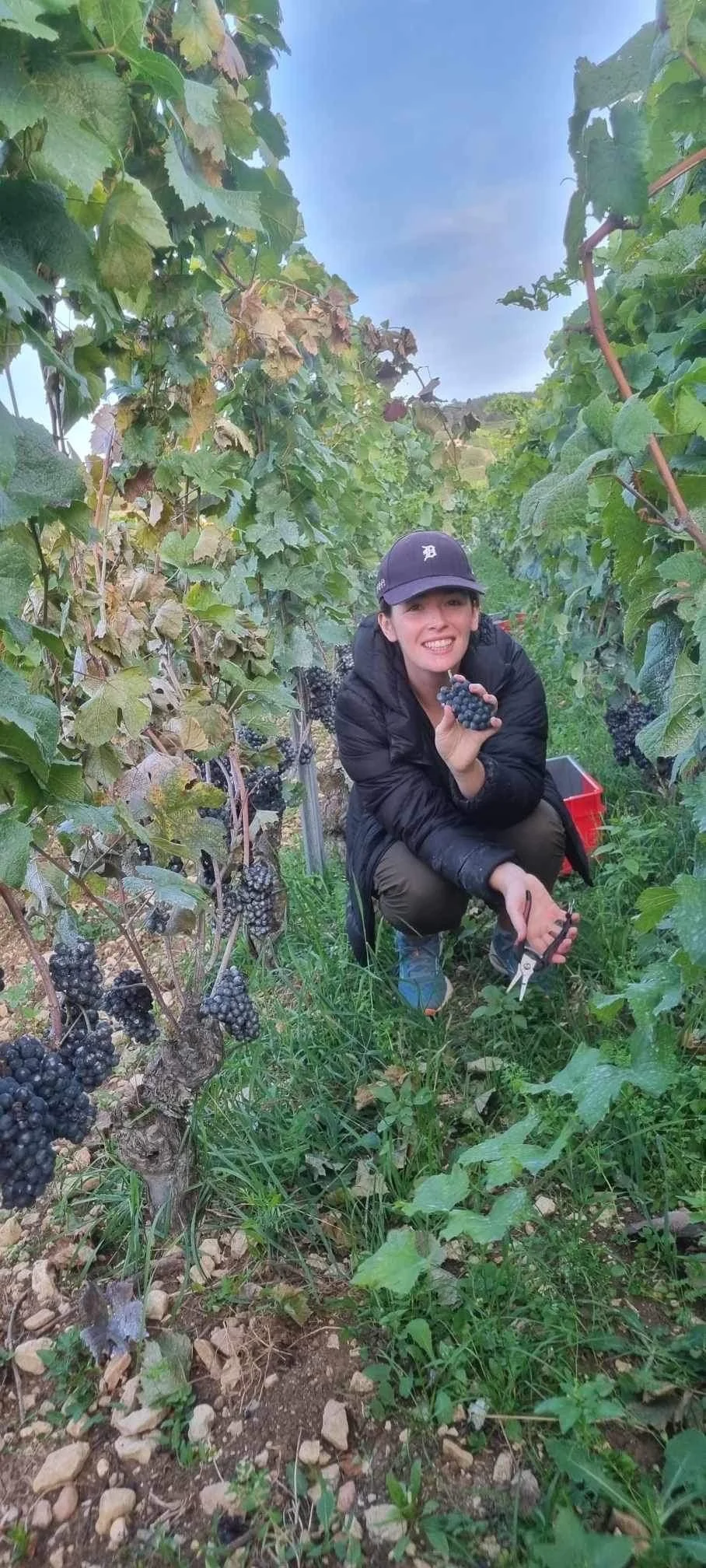Course Review: French Wine Scholar
In April 2022, I passed the French Wine Scholar exam with Honours. Here’s my full course review and few tips on How to Pass…
What is the French Wine Scholar course?
According to the Wine Scholar Guild, the French Wine Scholar course is, “the most advanced, comprehensive, and up-to-date French wine course available.” It takes an in-depth look at all of the major (and some of the minor) wine regions of France. Starting in the north the course explores: Alsace, Champagne, Bourgogne, Beaujolais, Jura, Savoie, Loire. It then continues to the south covering: Bordeaux, Southwest, Languedoc, Roussillon, Rhône, Provence and Corsica.
The textbook serves as a course guide and a practical reference book as it includes information supplementary to what will be on the final exam. In addition to testable material such as wine styles, appellation systems and viticultural methods - you also have access to information on topics like regional history and local food traditions (read: regional cheese guide!)
Who is this course for?
Although the text opens with a chapter on "The Fundamentals," I wouldn't recommend this course for beginners in wine studies. The exam success rate is only 60-65%. The French Wine Scholar course is more suitable for those who already have a good understanding of winemaking and basic knowledge of the French wine map. I would recommend this course for intermediate or advanced wine students, or to anyone with a strong interest in French wine. It would also be a valuable addition to the resumes of service professionals or sommeliers.
What are the study formats?
There are currently two study options listed on the Wine Scholar Guild website. It’s up to you to decide what fits best with your lifestyle:
Online Study
Hard copy FWS manual ($27 USD for shipping)
Online courses (e-modules, class recordings, flashcards, and more)
On-demand webinars and live and optional online monthly meet-ups with your instructors
1 year to complete course and book final (100 MCQ) exam
$875 USD
Classroom Learning
Gain access to all online materials and FWS manual
In classroom, instructor led lessons and tastings
Seated exam
When I researched this option - I couldn’t find many available in person courses. I searched Paris, Vancouver and Toronto with no results. When I checked Australia however I found one is Sydney, that met 1 x per week for 3 months. The price was $1450 AUD, which includes a set of tasting glasses and wines during tastings. I think this is a great deal!
How to pass?
1) Read the book
I recommend reading the chapters one region at a time. Sit down, read the whole chapter, take hand-written notes and highlight the text.
I found it useful to type out each chapter’s learning goals and, with the help of my notes, fill in the responses to each.
It’s not necessary to take notes on the supplementary material, but I advise at least reading these sections as they add context and help build a fuller picture of that wine region.
2) Take the e-modules
Work through the e-modules as a review. They are a great way to reinforce what you’ve learnt from the text.
3) Complete all quizzes and flashcards
Go through all the quizzes and flashcards until achieving 100%. These questions can come up on the final exam so it’s useful to study them beforehand.
4) Focus on the big regions
Focus the majority of your energy on the big regions, 75% of questions on the test lie within Bordeaux, Bourgogne, Alsace, Loire, and Champagne.
5) Taste the wines you’re unfamiliar with
Questions will come up about specific wine and grape profiles. It’s best to try and taste wines that you are the most unfamiliar with. Seek out bottles from regions that you’ve never had before. This may result in you needing to order some wine online or looking for a more obscure “caviste.”
What I liked, what I disliked:
The French Wine Scholar course provides comprehensive deep dives on a wide range of wine topics. Small details are not glossed over. I preferred this depth over the wide scope of the WSET 3 course. The text is straightforward and enjoyable to read. It also serves as a practical reference that I frequently reach for when writing about French wine.
I disliked the abundant overuse of the term “minerality” (see Adam Leith Grollner’s brilliant New Yorker article, “Does Your Wine Really Taste Like Rocks?”)
I also disliked some of the American/French comparisons. For example, when describing the Bordeaux Left Bank commune of St. Julien the text reads, “St. Julien is considered the most “Californian” of the Médoc communes.” I think these examples should be the other way around - acknowledging France as the base of comparison.
The other point that I’d like to make is that - you can be a so-called certified “French Wine Scholar” without ever stepping foot in the country of France. This is a bit bizarre to me.
This course is 875 USD dollars. Pretty much the price of a Working Holiday visa and one way ticket to France. Not everyone has the freedom to just take off - but I would say working a harvest or spending some time in a vineyard is a superior education to any course. Perhaps you won’t learn the name of the 33 Grand Cru vineyards of Burgundy, but you will probably learn a heck of a lot more than this book can teach. Take a working vacation - go pick some grapes!
I hope this article was helpful. Have you taken the French Wine Scholar course? Let me know your thoughts in the comments section below.
Santé!




